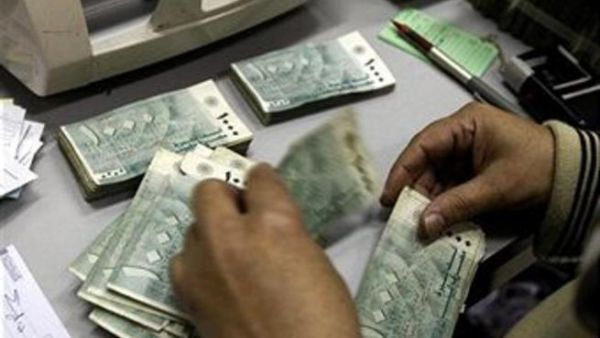The World Bank’s private sector arm, the International Finance Corporation, in conjunction with PricewaterHouseCoopers issued a report termed “Paying Taxes 2012: The Global Picture” in which it ranked Lebanon 41st out of 183 countries and eighth out of 16 Middle East and North African countries in terms of ease of paying taxes.
In order to rank countries based on the aforementioned criterion, the study involves recording the taxes and mandatory contributions that a medium-size company must pay in a given year, as well as measuring the administrative burden of paying taxes and other contributions. A result overview shows Lebanon’s global ranking regressed from the 36th spot, while it retained its regional position from the previous survey.
This is in line with the performance of several regional jurisdictions which have fallen in this year’s report. According to the survey, in several locations, levied taxes are limited to social security contributions on national employees. That said, many of the jurisdictions in the MENA region are increasingly adopting other revenue raising measures to meet budgetary needs, thus impacting the cost of compliance of many businesses. These measures include increased fees and levies paid for licenses, permits and other government approvals necessary to operate a business. In addition to rising tariff rates, many businesses also need to employ an increasing numbers of back office staff to comply with these changes, which is resulting in higher overhead costs at a time when many businesses are struggling to survive.
The ease-of-paying-taxes rankings are compiled through three sub-indicators: the number of tax payments, the time afforded for compliance and the total tax rate. When it comes to tax payments, the study indicates that the standard case study in Lebanon paid a total of 19 taxes, 12 of which are labor tax payments, six are other miscellaneous tax payments and one is a corporate income tax payment. This compares to a regional average of 20 tax-related transactions, 12 of which are labor tax payments, seven are miscellaneous tax payments and one is a corporate income tax payment. Globally, Lebanon ranked 68th out of 183 countries in this indicator, while in the MENA region Lebanon came in ninth out of 16 countries.
The indicator for the time to comply assesses the number of hours per year the case study spends dealing with taxes. In Lebanon, the sample case study spends 100 hours dealing with labor taxes, 40 hours handling corporate income taxes and 40 hours dealing with consumption taxes. Therefore, it dedicates 180 hours each year to deal with taxes. It is worth noting that for this indicator, the longer time dedicated to handling taxes, the lower the rank. This compares to a regional average of 186 hours a year to deal with taxes, distributed into 76 hours to deal with labor taxes, 61 hours to deal with corporate income taxes and 49 hours to deal with consumption taxes. Lebanon ranked 62nd globally, and ninth regionally in this category.
Finally, when examining the indicator for tax rate, the case study in Lebanon appears to have a total tax rate of 30.2 percent of commercial profits, against a regional average of 32 percent. The labor tax rate was found to be at 24.1 percent of commercial profits, compared to a 17 percent average in the MENA region. The corporate tax rate was at 6.1 percent of total commercial profits compared to a regional average of 10 percent. Lastly, when it comes to miscellaneous tax rates as a percentage of commercial profits, the regional average was 4 percent, compared to 0 percent in Lebanon. For this indicator, the lower the rate is, the higher the ranking. Lebanon ranked 44nd globally and ninth regionally in this category.








